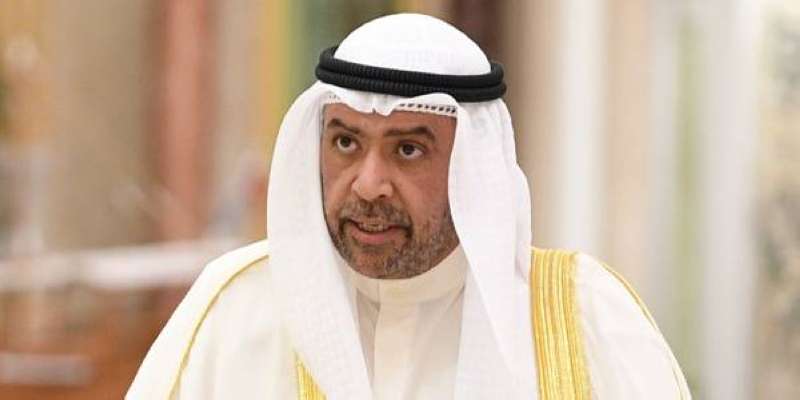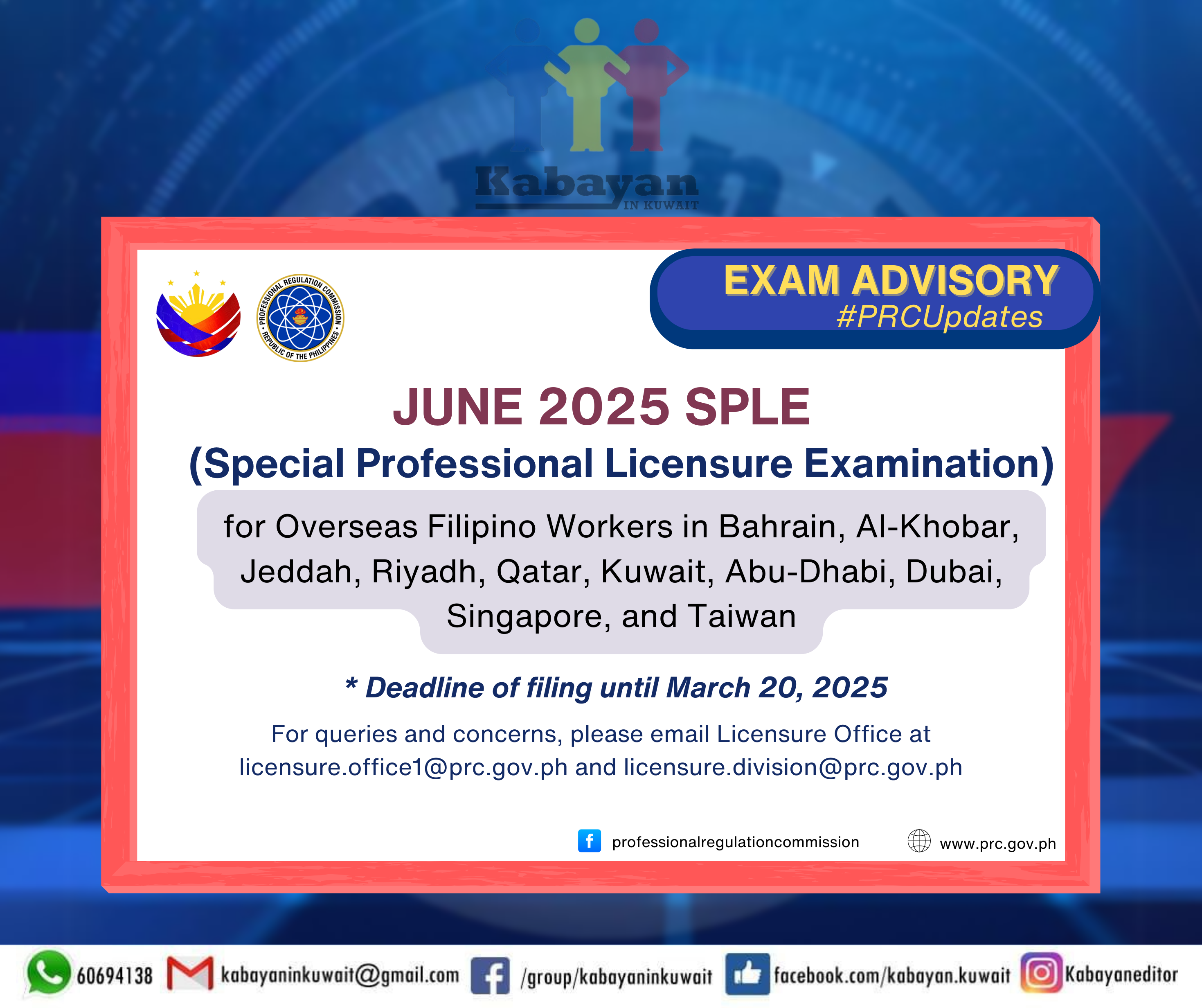Today, Sheikh Ahmed Al-Fahd, Chairman of the Council, led the first meeting of the Board of Trustees for the Arab Planning Institute for the year 2023-2024. The meeting, attended by representatives from Arab member states, aimed to discuss the achievements of the Institute in the past year, as reported by Al-Rai Daily.
In his opening speech, Sheikh Ahmed Al-Fahd welcomed the participating delegations and emphasized the Institute’s role as one of the most important institutions for joint development work. He highlighted the challenges and opportunities in global economic and social developments, stressing the need for stronger joint Arab action as a crucial pillar in supporting various institutions dedicated to Arab development issues.
Sheikh Ahmed Al-Fahd acknowledged the Arab Planning Institute’s ability to adapt to development changes and challenges in the region. The Institute’s plan for the year 2022-2023 included a comprehensive range of 215 training activities, comprising 153 in-person programs and 62 virtual programs, in addition to qualitative consulting studies.
The Chairman expressed his appreciation for the efforts made by the representatives of Arab member states, recognizing their significant contributions to the Institute’s achievements. He also reiterated Kuwait’s support and commitment to the success of the Institute’s activities, highlighting the country’s belief in supporting joint Arab action.
During the meeting, Abdullah Al-Shami, Director of the Arab Planning Institute, emphasized the Institute’s commitment to be actively involved in the development planning process and address various dimensions of economic, social, and environmental development. He outlined the Institute’s plan for the current year, which focuses on supporting development planning institutions in Arab countries, enhancing Arab capacities, publishing studies, and providing advisory services and applied research to support Arab plans.
Al-Shami also emphasized the Institute’s consideration of the economic and social consequences of global shocks, aligning development requirements and needs in Arab countries while promoting joint Arab action. The meeting primarily focused on reviewing the Institute’s activities during the year 2022-2023, which marked the third year of the Institute’s ninth strategy for the years 2020-2025.
The Board of Trustees also reviewed and approved the final accounts of the Arab Planning Institute for the fiscal year ending on December 31, 2023. Dr. Ashraf El-Arabi, Head of the National Planning Institute in Egypt, highlighted the key agenda items discussed during the meeting. These included reviewing the accomplishments of the past year and the launch of the Institute’s development report on climate change and its impact on the Arab region.
El-Arabi emphasized the importance of addressing climate change within the Institute’s work plan, alongside economic and social dimensions. The training programs, studies, and economic consultations conducted by the Institute over the past year greatly contributed to formulating the Arab vision on climate change. The development report was also published during the Conference of the Parties to the Climate Convention (COP28) in Abu Dhabi, reaffirming the Arab vision in combating the effects of climate change and global warming.
In conclusion, the first meeting of the Board of Trustees for the Arab Planning Institute for the year 2023-2024, led by Sheikh Ahmed Al-Fahd, highlighted the Institute’s achievements in the past year and discussed its plans for the future. With a focus on joint Arab action, the Institute aims to support development planning institutions, enhance Arab capacities, and address the economic, social, and environmental dimensions of development. The meeting also emphasized the Institute’s commitment to addressing climate change and its impact on the Arab region, as demonstrated by the launch of the development report during COP28 in Abu Dhabi.







